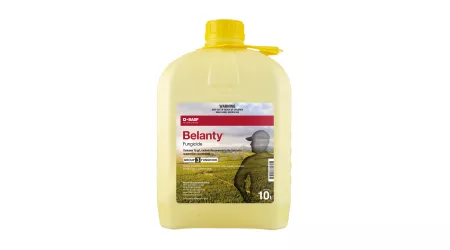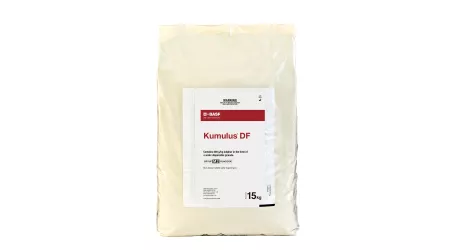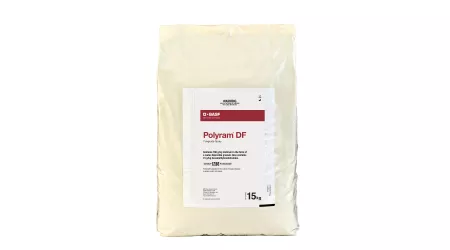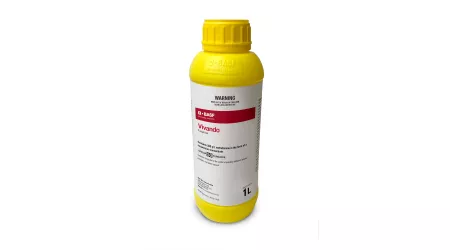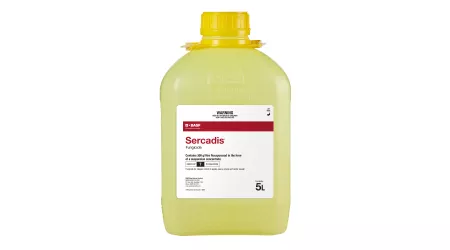Christmas and the New Year are nearly here, and we’d like to take a moment to reflect on what a sod of a year it has been for many, if not most of us. Record rainfall in most growing regions and a couple of cyclones hitting the north and east of the North Island have made growing and harvesting crops rather difficult to put it mildly!
Those specific local challenges may be behind us, but the big picture remains pretty daunting. Farming isn’t getting any easier, so let’s look for some end-of-year reasons to be cheerful.
“We believe growing crops to feed the global population is the biggest job on Earth,” explains Fenton Hazelwood, BASF’s Country Manager, “and meeting that challenge is becoming more complex all the time. Extreme weather like we’ve just experienced is just part of the picture.
“We need to produce more food from less available land just at a time when the spectacular productivity gains of the last few decades have slowed. Plus, we’ve exhausted some crop-protection chemicals, many more have become less reliable than they once were, and still others have been removed by the regulators. New active ingredients are very difficult to find and a lot more expensive to develop. Finding new Modes of Action (MoA) is even harder.”
Tim Herman, the Technical Services Specialist at BASF, says: “This is what makes a product like Belanty® so important. It’s still a DMI or Group 3 fungicide, but its uniquely adaptable molecule allows it to bind strongly to mutated strains of the fungal pathogens that have become less susceptible to other DMIs.”
Fenton observes: “In a case like this, simply upgrading to a new generation chemical from an older MoA group can help you get better results and slow the development of fungicide resistance.”
Products like Belanty are a valuable reminder that not all chemicals in every MoA group are equally effective. It pays to be selective and look for the best products in their class.
“It’s also vital to make sure that when you rotate chemicals, you’re not just switching brand names,” says Tim. “Make sure your rotation contains different active ingredients with different MoAs. Of course, we’ll always advocate that you choose the original product rather than a generic version. As well as assuring that you’ve got a top quality version of that particular active ingredient, you’re supporting the ongoing search for new innovative products.”
Fenton says: “We’re proud that products like Kumulus® DF and Polyram® DF have stood the test of time and remain very cost-efficient and effective solutions. That’s partly because they are still being produced in a premium formulation with the highest quality control. But it’s also crucial to recognise that investment in new chemistry helps keep the older products working and the overall cost of crop protection lower than it otherwise might be. The worst-case scenario is for growers to regard new chemicals as the last resort and only start using them as overused older products fail. That could mean a huge sudden jump in costs and the need to use fresh chemistry so intensively that resistance would quickly develop, with no alternatives left on the shelf.”
In recent years BASF was the first company to introduce the Group 50 MoA for control of powdery mildew when it launched Vivando®. BASF has also launched such next-generation products in older MoA groups as Sercadis® and Belanty.
Tim says there’s more to come. “We have been setting up local development trials through spring for new fungicides insecticides and herbicides that are coming through our global pipeline.
“Each season carries its own challenges and there is definitely an overall upward trend. The key to minimising future crop protection issues will be to keep using older products according to their labels and according to a robust resistance management strategy, and to freshen up the rotation by adding effective new chemistry to the programme whenever you have the chance.”
“There are definitely plenty of reasons to stay optimistic,” says Fenton, “so we hope all of you enjoy a happy and relaxing Christmas and end to what has been such a tough year. We hope that everyone is able to take a break and enjoy some quality time with family and friends. And let’s all hope for a great 2024.”
ACVM registration numbers: Belanty® #P009798, Kumulus® DF #P003493, Polyram® DF #P002062, Sercadis® #P008977, Vivando® #P007973. Read registered label before use.

